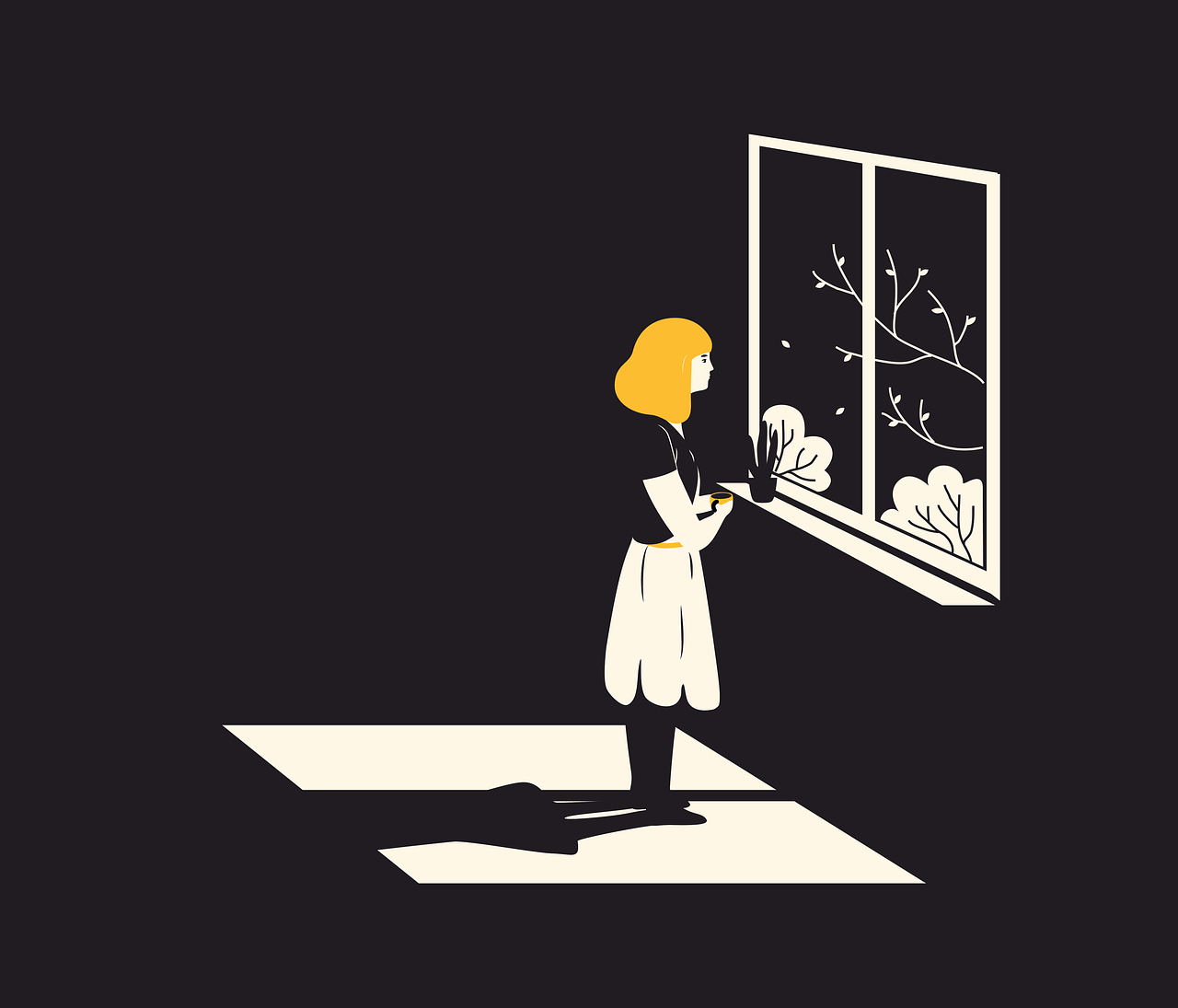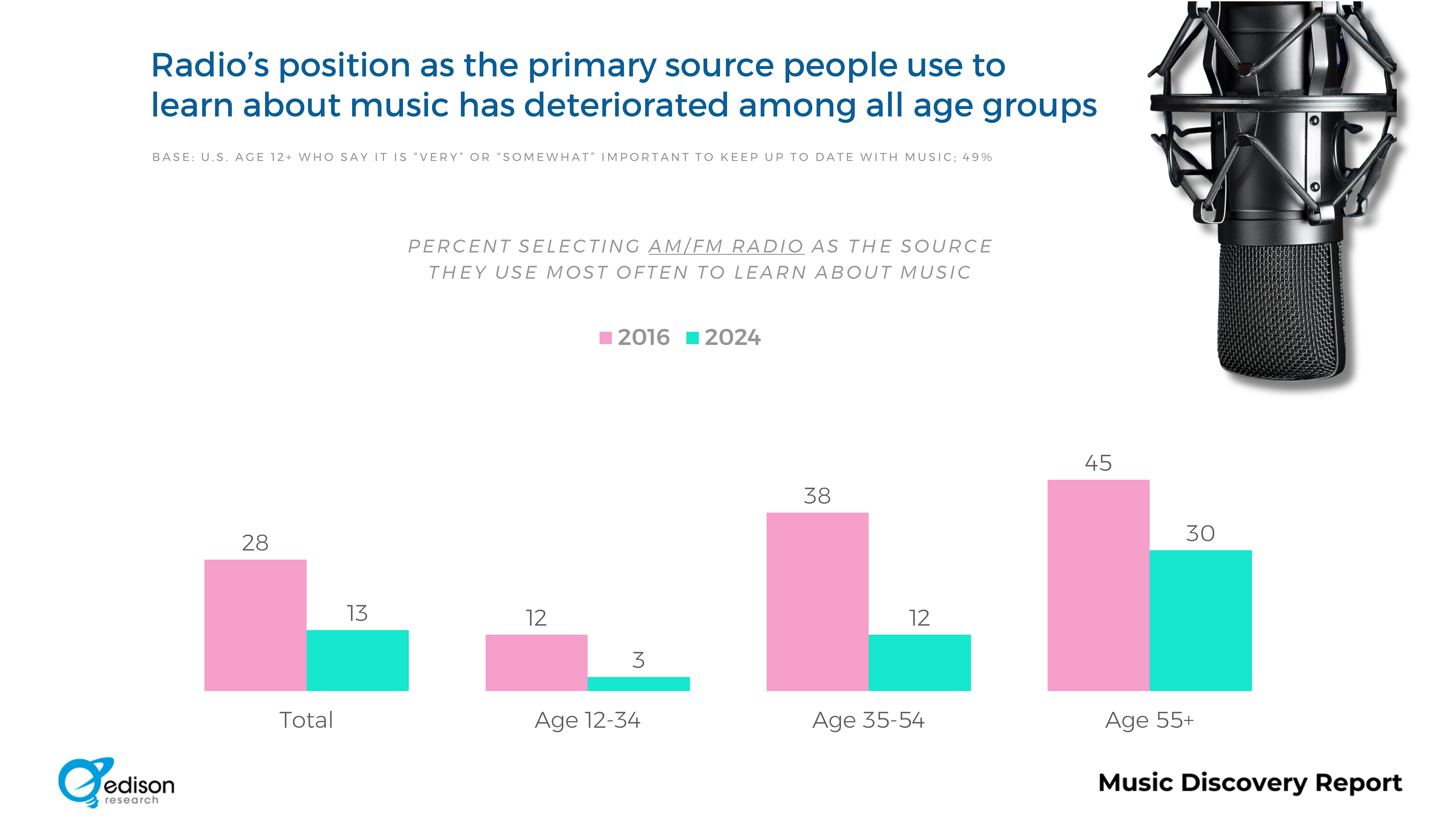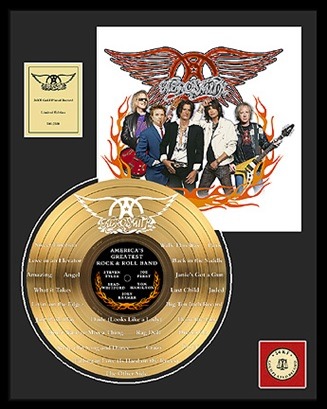
If it feels to you like someone has “flooded the zone” when it comes to media choices, you’re not alone. The platforms seem infinite and even daunting at times, often forcing consumers to determine the strengths and weaknesses of the options in front of them.
And at the same time, legacy media – like television, newspapers, and of course, radio – have been redefined by this deluge of choice. Historically, they did it all. But thanks to the “tyranny of choice,” they often find themselves taking stock of their situations.
To do this with more precision and accuracy, we need some expertly done research to help us sort things out. And there may be no one better than Edison Research ‘s President, Larry Rosin, to help us put it all in perspective. Larry is a student of the media game, always looking for the answers to the questions that puzzle us.
These days, radio broadcasters often struggle to focus on the medium’s superpower, especially given the roiling changes we face everyday on our laptops, our mobile phones, in our cars, and everywhere we connect with and access entertainment and information. We appreciate Larry’s perspective, and hope it sparks a conversation. – FJ
“What Was I Made For?”
By Larry Rosin
“I used to know
But I’m not sure now
What was I made for?”
Almost anyone who follows popular music, who considers it important to learn about or keep up to date with music, will read the words above and sing them in their heads. These of course are from the lyrics to the Billie Eilish song from last year, “What Was I Made For?”
The song was a central theme in the “Barbie” movie, as the title character pondered her purpose. Perhaps “Radio” also needs to confront this question.

Of course broadcast radio is “made for” a lot of things: companionship, information, entertainment… and very much for music. But one key aspect always used to be part of what radio was “made for”: being the conduit through which the American public (and other publics throughout the world) discover new music, new artists, new “waves” of culture.
Radio history is filled with endless anecdotes about the program director who heard a song, championed it and the artist, and made a hit and sometimes launched a career. And related to that point, many radio air talents, music directors, and programmers got into the field specifically because this is what they wanted to do. If maybe you couldn’t actually create popular music, perhaps you have “great ears” – that mystical talent to audition songs and identify a “hit.”
Of course, hit-making became a big part of what radio was “made for” during the period when it was by far the most effective manner to launch an artist. And getting traction for an artist was nearly impossible without FM. Meanwhile, it mattered to radio stations. CHRs fight to be known as the “#1 Hit Music Station,” Alternative stations position around “You heard it here first!” Country stations have forever invoked the word “New” in their slogans.
Sadly, there is just endless evidence that today, fewer and fewer consumers actually feel that radio is where they go to learn about or keep up to date with music.
Yesterday, a colleague of mine at Edison Research presented a study called the “Music Discovery Report.” In a national sample representing all Americans age 12 and older, 13% of those who say that they are at least “somewhat interested” in keeping up to date with music chose AM/FM Radio from a long list of possibilities as the source they use most for this purpose.
What puts this number in perspective is seeing how it has changed over time. We asked the same question in the same way to the same sample in 2016, and the differences are reflected in the graph below:

As you can see, the portion of the population that chooses radio has dropped by more than half over these eight years, from 28% to 13%.
And that number is being propped up by the large number of those age 55 and older who pick radio for this purpose. Under the age of 55, only 7% of respondents say radio is what they use most – a number far surpassed by Spotify and YouTube.
The same story comes through when we look at radio shares over time. Since the introduction of PPM measurement in 2011, shares for “contemporary music” formats of all kinds have declined, with the exception of Contemporary Christian. CHR, Rhythmic CHR, Alternative, Urban, are all down, and even with those floating shares being available, Country is just flat.
 All the positive momentum in radio shares have been with oldies-based formats: Classic Rock, Classic Hits, Urban AC, all other flavors of AC, and “Adult Hits.” Of course this trend has led to a bit of a “gold” rush, as more stations flip into one of these formats and even some CHRs have waived the white flag and concentrate mostly on Millennial Gold.
All the positive momentum in radio shares have been with oldies-based formats: Classic Rock, Classic Hits, Urban AC, all other flavors of AC, and “Adult Hits.” Of course this trend has led to a bit of a “gold” rush, as more stations flip into one of these formats and even some CHRs have waived the white flag and concentrate mostly on Millennial Gold.
And all of this might be nothing but a smart adaptation to reality, as radio rides with its core listeners as long as it can, playing the songs that radio made into hits back when radio made all the hits. But this smart short- and medium-term strategy seems possibly disastrous for the longer term. If radio stops even fighting at all for the new-music lovers, at some point the mathematics will stop working, as anyone who remembers these songs from radio’s consensus era will have aged out of any plausible “sales demo.”
Fred has argued in this blog many times that the big radio conglomerates should devote one station in ever cluster to ‘recruiting’ younger people into the medium. Hire young talent, play music the instant it shows traction on Spotify or TikTok. And while I fully endorse this idea as well, I think we all are realistic about its likelihood.
And so, it leaves me, and many who love radio and radio people and who root for its success, quite a lot like Billie:
“Think I forgot, how to be happy
Something I’m not, but something I can be
Something I wait for
Something I’m made for”
To access Edison’s Research’s “The Music Discovery Report” here.
- What If Radio Tried Something Right Out Of Left Field? - May 9, 2025
- Why Radio PDs Are A Lot Like NBA Coaches - May 8, 2025
- Memo To Radio: We Have Met The Enemy And It Is… - May 7, 2025





HD could have been the farm team. Colleges should be more supportive of their licensed radio stations vs. selling them or letting them go dark.
And a dark day it was when, some years ago, my alma mater sold KUSF to USC, thereby losing entire generations to a senescent one, snatching defeat from the jaws of victory.
Not all colleges are doing that. My college has been very supportive of our stations (we have a second HD signal, in addition to our HD1/analog station,) and our local electric company lets us use their tower (and juice and fiber and transmitter building) for free.
Our analog signal is classic hits (from which our students can make job-winning airchecks in a number of formats,) and the HD2 signal is Fresh Country – and yes, our students comb through Spotify, iTunes, Pandora and YouTube, among other online sources, to select the future hit songs in our categories (we don’t play anything that was released more than five years ago.)
So there is hope for growing broadcasters!
Appreciate this, Clark.
In this ADD world we live in, wouldn’t a Hot Hits format work well for an 18-24 or 12-17 demo? Maybe not K9 Kid Power Radio, but you get the idea.
Love the reference to Tomorrow Radio!
Ratings-wise, probably. Revenue-wise, I doubt it.
As long as we’re referencing that old TM production which took up one side of a jingle demo record (REMEMBER RECORDS?!?), I want to know why Punk Country never took off.
That is a classic demo, K.M.! I remember it well. Had it for years…from around 1977-78, as I recall. I taped it when I was doing PM drive and playin’, “All hits, All the time!” on a long gone Top 40 day-time station in Sarasota, FL at the time. Man, it was so much fun then! I know everything must change, but for years, it seems the bath water has been seeping away and the baby is all but gone, me thinks.
Oh yes, I remember (and who could forget) those immortal lyrics to the Punk Country format’s first breakout hit, “I wanna whip your cow…”
Thanks to TM Productions
Radio plays less and less new music and people stop using it to find new music. How can this be????
This is the chicken-egg of it, Bob. I believe many stations – especially in the rock communnity – gave new music a fair shot only to see most of the product fall short. Hits are hits.